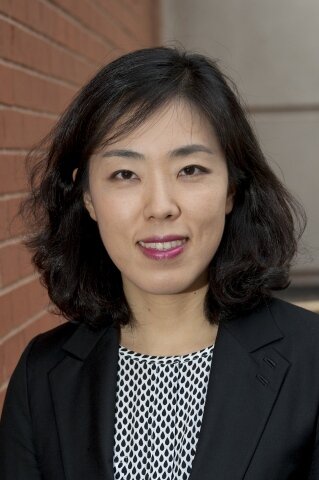Biography
Jiyeon Kang’s academic interests include digital media, publics and counterpublics, global higher education, and East Asia. She is especially interested in how marginalized groups reshape dominant discourses and create livable conditions in an inhospitable environment. She has studied this communicative process in a variety of contexts in the U.S. and East Asia.
One component of her research focuses on conceptualizing the democratic potential of the Internet in the contexts of youth-driven social movements and online communities. Her first book, Igniting the Internet: Youth and Activism in Postauthoritarian South Korea, examines a decade of Internet activism in South Korea and accounts for the process whereby teenage Internet users’ captivation with issues close to them reshaped their political sensibilities and established a new movement repertoire.
With another set of projects, she pursues the question of intercultural and international coexistence in the global integration of politics, economy, and technology. The modern environment forces people to share the same physical and online space without a clear vision of what constitutes an ethical model of coexistence. The marginalized are already part of this integrated network but are subject to surveillance and policing, while multicultural liberal society asks ethnic minorities and migrants to add “diversity” but provides an uncertain return. Her recent articles call for an ethical framework that accounts for varying ability to shun unwanted attention and share the common space in an equitable manner.
Kang’s current book project, Making Study Abroad Livable: The Commodification of Chinese Students and Their Responses in the U.S. and South Korea, examines emergent norms of intercultural and international coexistence in the undergraduate student interchange among South Korea, China, and the U.S. Even though Chinese undergraduate students have been financial lifelines for struggling universities in the U.S. and South Korea, international students who navigate the modern marketized university system must nonetheless develop vernacular strategies to make educational exchange “livable.”
Research Interests
Higher education, race, immigration
